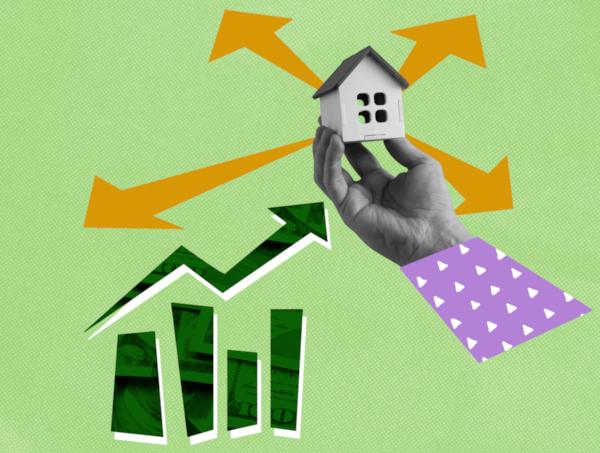
Our extended course "Alleviating energy poverty: How to implement local actions" provides practical insights, tools, and resources.
Course Overview
This new course is structured to provide a deep dive into the complexities of energy poverty, spread across three detailed modules. It promises a rich learning experience with no prerequisites, making it accessible to all interested individuals. The entire course is conducted in English and can be pursued at one's own pace, requiring approximately 8 hours per module.
The course is launched progressively. Every week as of 10 June 2024, we publish two new lessons in our platform.
Register here
Module 1: How to Diagnose Energy Poverty
Participants will gain a thorough understanding of the multifaceted nature of energy poverty. This module emphasizes the importance of stakeholder engagement, selection of pertinent indicators, and the processes involved in data collection and analysis. By the end of this module, learners will be adept at defining energy poverty criteria and communicating their findings effectively.
Module 2: How to Plan the Appropriate Response
This module focuses on the strategic aspects of addressing energy poverty. Learners will explore how to develop robust strategies and action plans, taking into account policy, social, economic, and technological factors. The module also covers the identification of opportunities and barriers, prioritization of actions, and the formulation of a local social climate plan.
Module 3: The Implementation Phase
In the final module, the course translates strategic plans into concrete outcomes. Participants will learn how to ensure their actions benefit vulnerable consumers and address the social dimensions necessary for a just transition. This practical approach aims to make a significant impact on alleviating energy poverty at the grassroots level.
Certification
Participants who complete more than 70% of the course are eligible to request a certificate of completion, validating their efforts and knowledge gained through this program.
Target Audience and Commitment
The course is open to anyone with an interest in understanding and combating energy poverty. Its self-paced nature allows learners to engage with the material according to their own schedules, making it an ideal option for busy professionals and motivated individuals alike.
By joining the EPAH Extended Course, participants will be well-equipped to contribute meaningfully to the fight against energy poverty, armed with the knowledge and skills necessary to make a difference.
Details
- Publication date
- 10 June 2024
- Author
- Directorate-General for Energy
